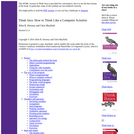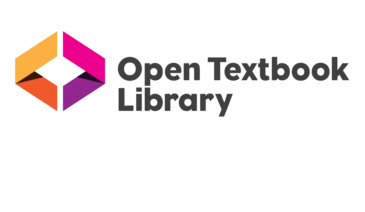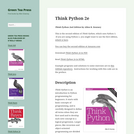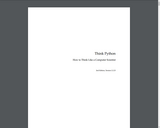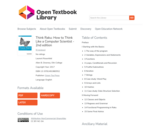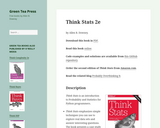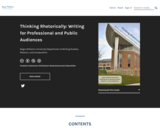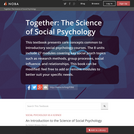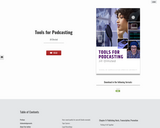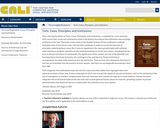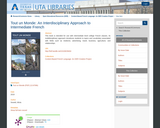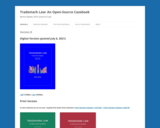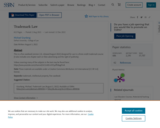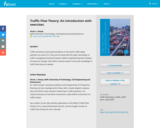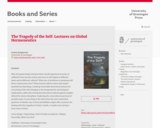Plain-spoken and convivial, this casebook makes a deliberate effort to explain the law, rather than to provide a mere compilation of readings and questions. Simple concepts are presented simply. Complex concepts are broken down and accompanied by examples and problems.
By being clear and straightforward, the casebook aims to quickly get students to the point where they can navigate regions of gray and build nuanced arguments. The book is written from the conviction that when students stop to puzzle over something, it should be because the law itself puzzles, not because the book obfuscates.
Students describe the book as easy to read. A key aim is context, with explanations of how pieces of doctrine fit into the bigger picture. There is also a continual effort to plug doctrine into the real world of practice, getting students to think about litigation strategy and tactics.
Another key feature is a high-degree of organization. Doctrine is explained upfront, independent of and before the cases. After the cases, there is no notes-and-questions mishmash. Historical notes, check-your-understanding questions, questions to ponder, and problems are all separately labeled as such.
The readings are rich with variety. The classic cases are here, of course. But there are also atypical readings that allow students to see tort law from different perspectives, including an opening statement, a closing argument, administrative-enforcement letters, an excerpt from a novel, and an opinion on tribal law from a Navajo court. Many selections are also startlingly modern, with facts involving texting-and-driving, alcoholic energy drinks, Facebook libel, suddenly accelerating Toyotas, and the misery of a six-hour tarmac delay.
Please note that the publisher requires you to login to access and download the textbooks.
